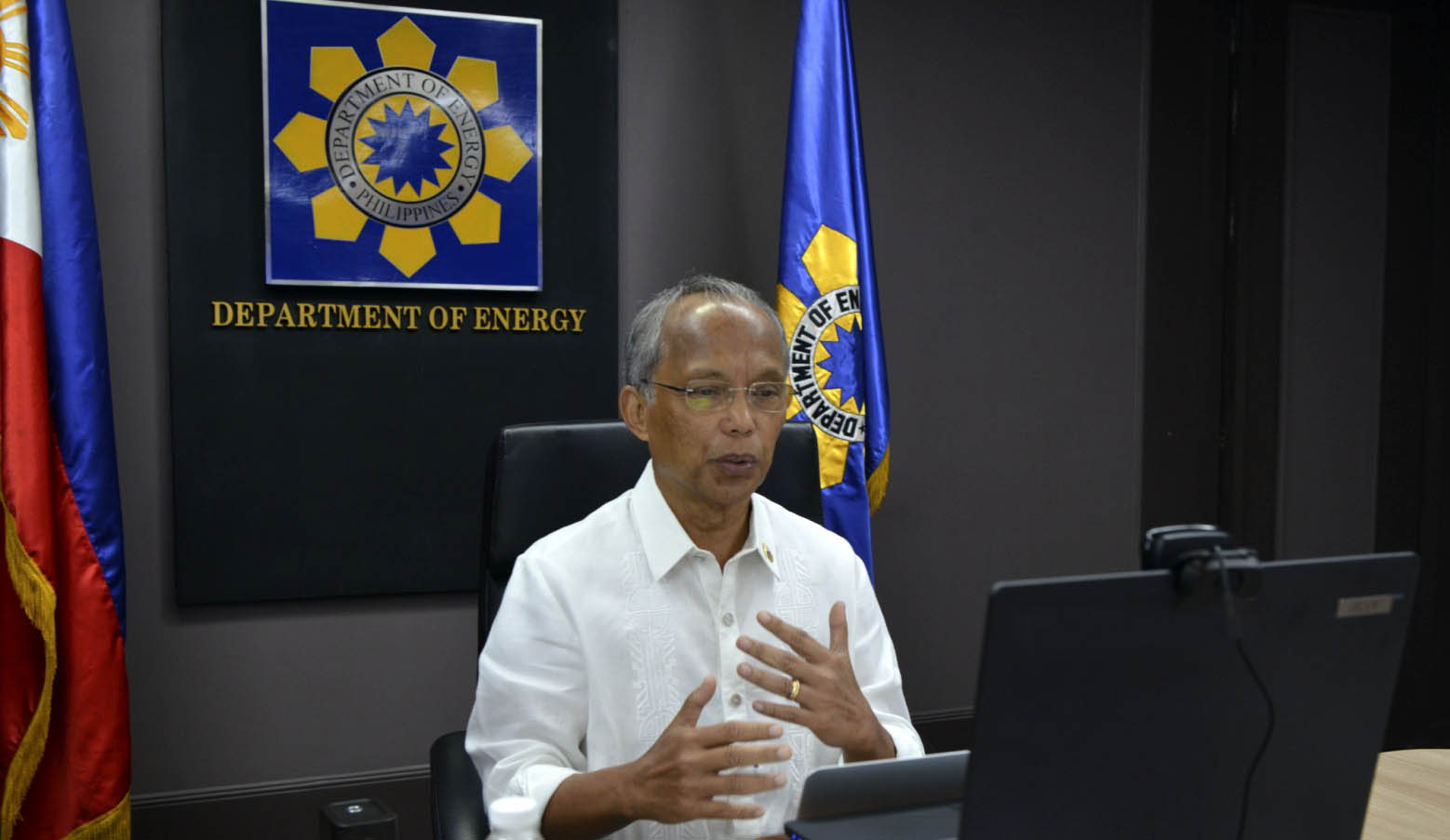US firms urged to invest in RE projects in Ph
- April 15, 2021
- 0

Energy Sec. Alfonso Cusi urged American businessmen to invest in the Philippines’ energy sector, particularly in renewable energy (RE), particularly geothermal.
“Geothermal energy is an area that we would really like to tap and develop. That’s the kind of power we need, and we’d like to see investors from the [United States] doing a 100% participation in the development of our geothermal energy,” Cusi said in a virtual economic briefing organized by the Philippine Embassy in Washington, DC.
Aside from geothermal, Cusi also mentioned other programs that US investors may be interested in such as the Department of Energy’s (DOE) Green Energy Option Program, where clean energy advocates can source their clean power requirements through the retail electricity suppliers.
There’s also the Green Energy Auction Program, which provides additional market for RE developers; and the Philippine Conventional Energy Contracting Program, which facilitates the development and exploration of indigenous resources in the country.
Cusi added that there may also be potential investment
s for nuclear energy and hydrogen power in the country. The government’s nuclear policy is now up for Pres. Rodrigo Duterte’s approval, while the DOE has formed partnerships with an Australian firm and a Japanese firm to explore hydrogen as an
alternative energy source.
The secretary also noted that American investments in energy have dwindled in the past years.
“It is unfortunate that the US seems to have forgotten us, so I hope our American friends in the business community will again take a look at our new initiatives that aim to make the Philippines rife with many investment opportunities,” Cusi lamented.
Given the urgency of establishing a sustainable global energy future, Cusi also said the DOE is encouraging the further development and utilization of RE without the Feed-In-Tariff (FIT) subsidies. With this, he noted that the government stopped the implementation of FiT because it “proved to be a big mistake.”
“It forced electricity prices in the country upwards. We cannot have our consumers shoulder the financial burden of such subsidies any longer. This holds true most especially since RE technologies and their markets’ competitiveness have significantly progressed in the past decade,” Cusi pointed out.